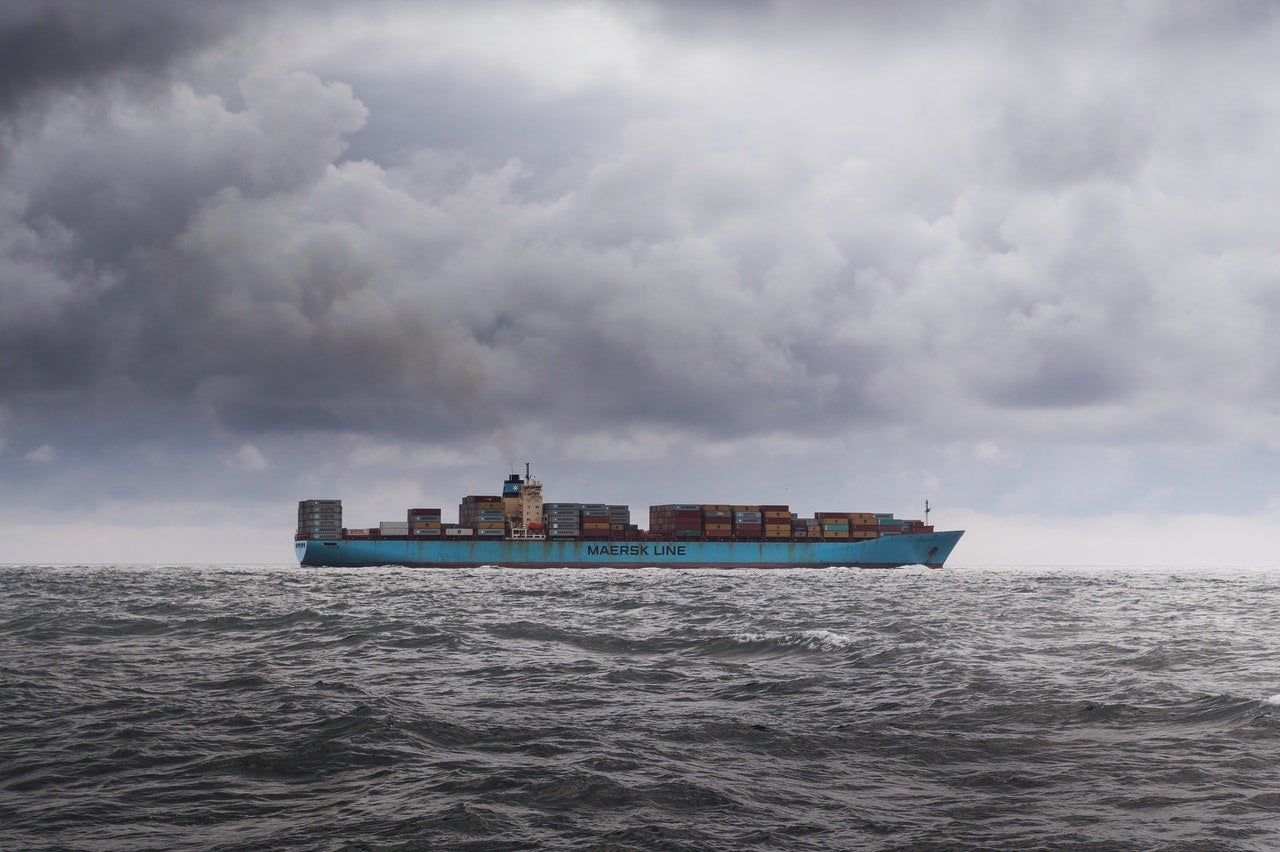
After tackling crew engagement post-Covid-19, shipping management company V.Group has released the findings from its second ‘Life After Lockdown’ discussion paper, as part of a series that looks at the ramifications of the pandemic on the sector.
The latest paper focuses on the catalyst role that Covid-19 will have in accelerating digital engagement, outlining a number of lessons that can be learned from it.
“There’s no doubt the pandemic has been a catalyst for change and as we look to the future, this paper explores the extent to which it has accelerated the move towards digitalisation and digital engagement,” said V.Group information systems director Stephen Macfarlane.
“We’ve all been forced to change the way we work and communicate with each other and the paper discusses whether the move towards a more digital workforce could be a long-term change.”
Here are four lessons we learnt from the paper.

US Tariffs are shifting - will you react or anticipate?
Don’t let policy changes catch you off guard. Stay proactive with real-time data and expert analysis.
By GlobalDataLesson 1: the maritime industry relied on small data during the peak of the pandemic
Defined as “data in a volume and format that makes it accessible, informative and actionable”, small data was heavily relied upon by crews to perform ship management duties while lockdowns were enforced internationally earlier this year.
According to the paper, crews were sent small reminders to complete online training courses, Covid-19 updates, notifications on crew change date and location as well as availability information during this time.
This was because, as the paper suggests, forcing digitalisation on the maritime sector may not produce positive results, and in order to complete the transition into the digital world the best way to “win the hearts and minds” of end users is demonstrating digitalisation’s benefits on a personalised and emotive basis.
Lesson 2: digital engagement leads to good working practices and crew wellbeing
Once lockdown measures started to be implemented all around the world, digitalisation enabled many industries, including shipping, to change their working practices relatively quickly.
In the case of V.Group, the company relied heavily on video conference tools as well as its own IT system. Senior management trusting people to work unsupervised and still be productive feature as one of the most positive results.
The plight of seafarers, stranded for months at sea because of Covid-19 travel restrictions, is one of the biggest challenges the maritime industry has faced in the last few months.
With international bodies lobbying with governments to designate seafarers as essential workers, the industry has asked itself what type of relief measures it could implement in the meantime.
Granting seafarers access to the internet to communicate with their loved ones was considered as a top priority.
In the case of V.Group, the technology made available was extremely used by crew members. According to the research, the company’s support centre saw a 29% increase in the number of queries from Q1 to Q2 of 2020, with 35% of them related to crew welfare.
Lesson 3: digitalisation can become a tool to drive the environmental agenda
It is widely accepted that the maritime sector is a big contributor to climate change. As highlighted in the IMO third greenhouse gases (GHG) study, shipping produces 940 million tonnes of CO2, contributing to 2.5% of global greenhouse gas emissions.
Digitalisation has now become a catalyst for the industry, which can use it to reduce emissions and comply with the 2018 IMO target to cut down the CO2 output by 50% by 2050 compared to 2008 levels.
The transition to low sulphur fuels is one of the consequences stemmed from the pandemic. More than 450 ports around the world have now eased the changeover required by the IMO.
In addition, the decline in fuel costs has led to companies choosing low sulphur fuels instead of scrubbers.
Another important change is that, throughout the pandemic, environmental data has become increasingly valued and is now known to have an impact on the commercial position of a vessel. The company in fact asks suppliers to provide data regarding their carbon footprint, which has an impact on their selection.
Lesson 4: the pandemic has accelerated remote learning
As live training sessions had to be halted in March, companies around the world have relied heavily on e-learning systems. In the case of shipping companies like V.Group, the pandemic has in fact accelerated learning approaches among seafarers while attracting a new demographic of people that were trying it for the first time.
Despite not being mandatory, 100% of V.Group’s personnel registered for its cyber safety training, with 72% of them completing it in one month.



